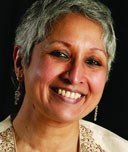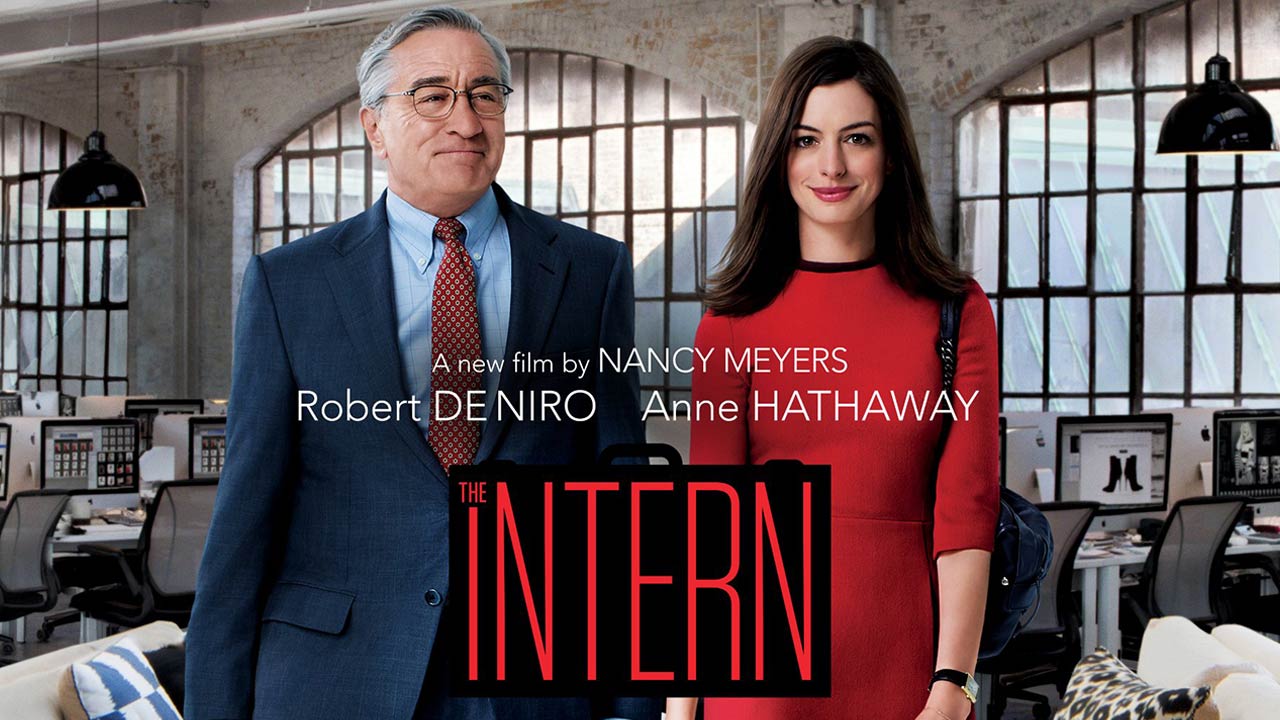We are honoured to feature Dr. Vayu Naidu, a wonderful raconteur, based in the UK, writer of some of Tulika’s most loved books, founder of the Vayu Naidu Storytelling Theatre. Here is a peek into the celebrated storyteller’s life. This post was originally published on the Saffron Tree.
ST: Can you share the story called- Vayu Naidu.
As a child I preferred listening to stories, rather than being read to or reading. That was fine when grandmother, mother, aunts, and cousins were around to tell stories. I loved ghost stories. One of our neighbours in Delhi – his name was Bul bul – the elder amonst all of us children. He was from Calcutta, and used to make up the most wonderful ghost stories and we all used to love it when there was a power cut – it meant all of us in the neighbourhood would run off to Bul bul bhaiya and hear his new ones that were were truly hair raising, and fun. He had a wonderful way of dramatising the most common thing – the channa wala and how his hands got burned – and then there was was a ghost mystery behind that; the next day it could change to the lampost outside your house was seen walking, and what the mystery was around that. Very spontaneous. My father is an excellent raconteur even at 89, he’ll bring back so many images vividly.
How did your journey into story telling start?
I saw a Yakshagana performance while being driven across karnataka at 2 am in 1987 Summer. The Sutradhara was narrating a story of the Pandavas, and he saw me taking a photograph and instantly made reference to it in his Storytelling. I was so struck by the immediacy and the travel across all realms – past, future, present with storytlling.
Something clicked and I gave up my job and life in India and went to do a ph.d in performance oral traditions and Peter Brooks Mahabharata at The University of Leeds. I started Storytelling in Bradford inspired by manuscript paintings of RAMAYANA.
What inspires you?
People, their stories abut war, migration, cooking, Love, the dreams of the future, the past – all this is in the epics and as humans we continue to place the gods as archetypes to our own imagination.
Do you prefer to do stories that are unknown or ones that are familiar to the audience? Why?
Both, it keeps my methodology and discipline fresh.
How is the scene different in the UK versus in India?
Very different but storytelling is a vital part of the reading and film culture – and now the bigger venues also host them. I have been the only Storytelling company that has been funded by the Arts Council England for nearly 10 years. I have a Guild of Apprentices, but also Artistic Associates and there is a signature style of telling following research and development. I am now opening out another strand of Creative Coaching with Storytelling.
Tell us more about your school- The Vayu Naidu Storytelling Theatre.
We are now setting up Vayu International Storytelling Academy. We have 5 strands – Performance in Collaboration with jazz;
Orchestral and world musicians where I make new work;
Licence To Tell, a series for emerging artists in Pubs and small venues;
Educational Programmes : for Primary and Secondary; as well as now
Creative Coaching for people interested in re looking at their careers in mid-life wanting to seek inspiration.
Who are your Top 5 favourite storytellers from across the world? Why?
Abbi Patrix, Samrat Purna Das Baul, Pomme Clayton, Wijnand Stomp, Rajagopal of Kattai Kuttu.
That is a whole Ph.d in itself!Some story tellers use props. What are your tools when it comes to story telling?
Imagination – ownership, humility and confidence. A calling of the presence in the teller, when I am telling.What is the biggest no-no in story telling as per you and on the contrary, what can help make a story teller successful?
Be truthful and feel the story; don’t ask for attention to yourself.Why not select a story you love; ask yourself what is it that you love in it, and why.How would you describe the Story Telling scenario in India today versus the world?
It’s great. Indians are the best storytellers. We have a feel for language. We must not do away with the performing traditions of Storytelling though.Why do traditional storytelling methods remain relevant in the modern context? Through the past we understand the present. . .How do you see books/ stories helping children in terms of cultural sensitisation/ change drivers? Any reccomendations in the multi cultural space?
Books, interactive tools are great drivers in encourage to engage with narrative. But it has to be interwoven with live storytelling to enable comprehension and emotional literacy.
Any anecdotes you would like to share from your story telling/ writing career( Magic Vessels, Hiss, don’t bite & Curly tale) ?
All the performance done across the world for these stories has come up with the audience feeling that they understand India better. What better compliment than that? It doesn’t solely have to be Bollywood!
When working in prisons, I told the story of Dhruva. And a young man who had never known anything about writing or telling, decided the story of why he got into prison. He said that the story released something in him about the truth in his life.
This post was originally published on the Saffron Tree.
Image source:Â www.saffrontree.org





















